|
By Sara Smith, See the Triumph Guest Blogger Many people struggle with how to help a friend or other loved one who is in an unsafe, abusive relationship. Talking to a friend who you are worried about can be daunting. The fear of interfering, being wrong, or possibly driving them away can keep many people from reaching out. If you are concerned for someone’s safety in a relationship, you can turn to many available resources that may help you start the conversation. According to Domestic Abuse Intervention Services (2014), some important things to consider when talking to a friend include the following:
There are some important things to try to avoid when helping a friend. These include the following:
You don’t have to be an expert to help someone who is in an abusive relationship. What’s important is to show them that you’re concerned and deeply care about the happiness and safety of your friend. That is important enough. Be there when they need support, and help them reach out to support systems and resources as they are ready. If they’re not ready to hear you or are not ready to leave, make yourself available to be there when they become ready. Remember to be patient. Stay calm, arm yourself with knowledge and resources, and good luck in supporting your friend or loved one in becoming another survivor! References:
 Sara Smith is currently pursuing a Master’s of Science in Clinical Mental Health and Couple and Family Counseling.
1 Comment
See the Triumph Guest Blogger, Heather Teater, created the video below to share reasons why it's important to reach out to help someone you care about if they're involved in an abusive relationship.  Heather Teater recently completed her Master's degree in Couple and Family Counseling in the Department of Counseling and Educational Development at the University of North Carolina at Greensboro. 10/4/2014 3 Comments "Her Anchor" PoemSome time back, a member of our See the Triumph community, who wishes to remain anonymous, shared with us the poem below, which she wrote. On writing this poem, she said, "For years I had been desperately trying to understand my daughter's situation and to help her. She found and shared two books with me, Why Does He Do That? by Lundy Bancroft and To Be An Anchor in the Storm by Susan Brewster. They were a profound read for both of us. Inspired by the latter, I woke up in the middle of the night, and these words poured out."
These words capture so beautifully the best type of support that people can offer to someone they love who is in an abusive relationship. We are so thankful to the author for sharing this with us, and allowing us to share it with you! By Christine Murray, See the Triumph Co-Founder With October being Domestic Violence Awareness Month, we wanted to focus on one specific, and very important, component of domestic violence awareness throughout the month. Our goal for the month is to share resources and information to help anyone be equipped and ready to help if someone they know becomes involved in an abusive relationship. Many people in my own life know that I work to address domestic violence. One of the most common question people ask me related to this is how they can best support someone who they suspect or know is being abused. It may be a friend, family member, coworker, neighbor, fellow church member, client, or even a situation in which they witnessed an abusive incident out in public (e.g., at the grocery store) and didn’t know if or how to respond. We know that many people in abusive relationships become very isolated through those relationships. However, in most cases, there is a ripple effect on various other people who are affected by every abusive relationship. This includes friends and family members of both the victim and the perpetrator. In addition, the direct and indirect effects can spill over into workplaces, neighborhoods, community and religious groups, schools, and the list goes on. There are any number of people who may be concerned for the safety of the victim (as well as any children who are involved), and it is very normal for people to feel compelled to help, but unsure how to do so. It can be very confusing and frustrating to be on the outside of an abusive relationship, looking in and wanting to help, and yet not knowing what to do. Of course, every situation is unique, and each situation will require a unique response. However, we also believe that there are some basic steps that virtually anyone could take to provide empowering, safety-promoting support to someone who is being abused by a relationship partner. This month, join us as we focus on those steps. Our main focus will be on the 5 steps outlined below, from this list we created a while back through See the Triumph: In addition to blogs that provide more information about each of these steps, this month you’ll find other suggestions, strategies, and resources to help you be ready to help if you ever find yourself trying to figure out how to help someone you know who is being abused.
Throughout the month, we also look forward to hearing your thoughts on this topic! After all, what could be more powerful during Domestic Violence Awareness Month than to equip yourself with the awareness needed to be prepared to help someone you care about? |
Archives
April 2024
CategoriesAll About Intimate Partner Violence About Intimate Partner Violence Advocacy Ambassadors Children Churches College Campuses Cultural Issues Domestic Violence Awareness Month Financial Recovery How To Help A Friend Human Rights Human-rights Immigrants International Media Overcoming Past Abuse Overcoming-past-abuse Parenting Prevention Resources For Survivors Safe Relationships Following Abuse Schools Selfcare Self-care Sexual Assault Sexuality Social Justice Social-justice Stigma Supporting Survivors Survivor Quotes Survivor-quotes Survivor Stories Teen Dating Violence Trafficking Transformative-approaches |
Search by typing & pressing enter


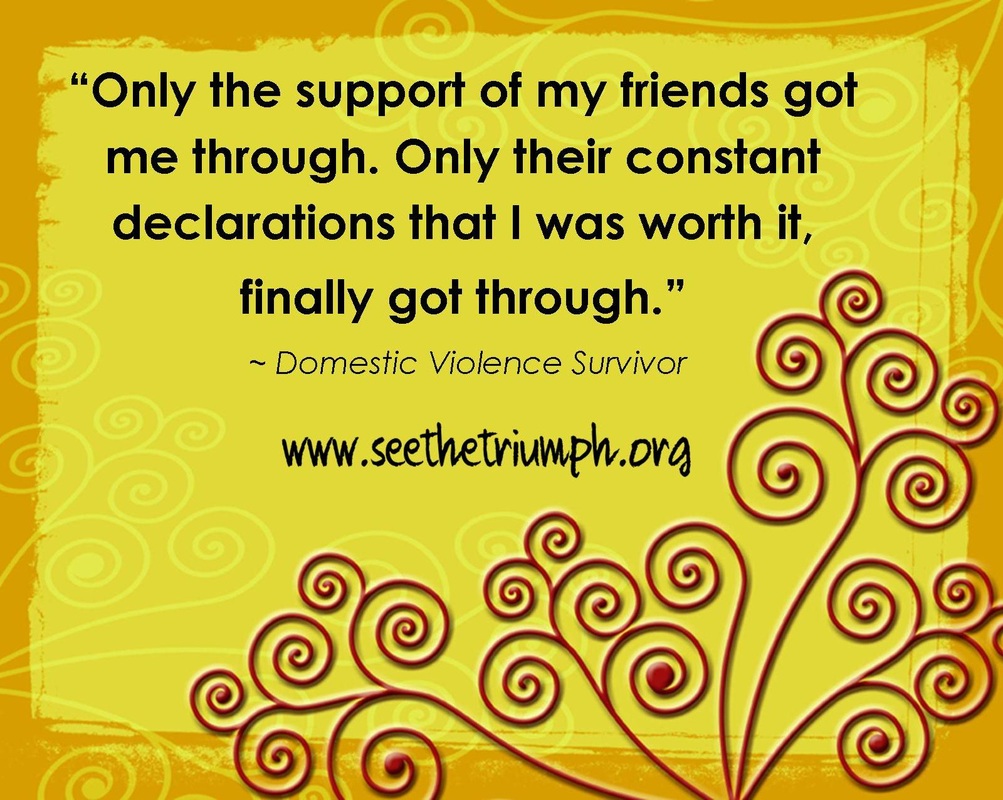
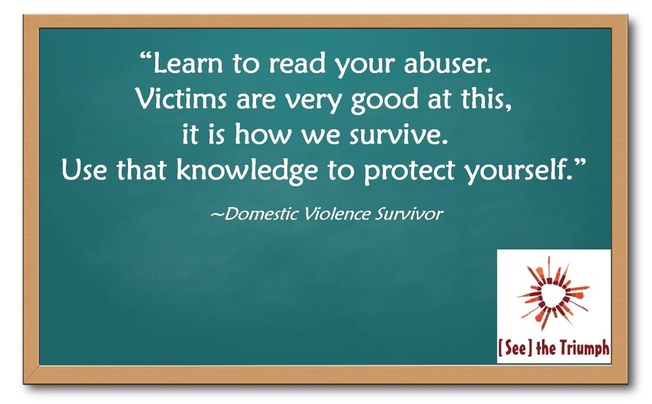
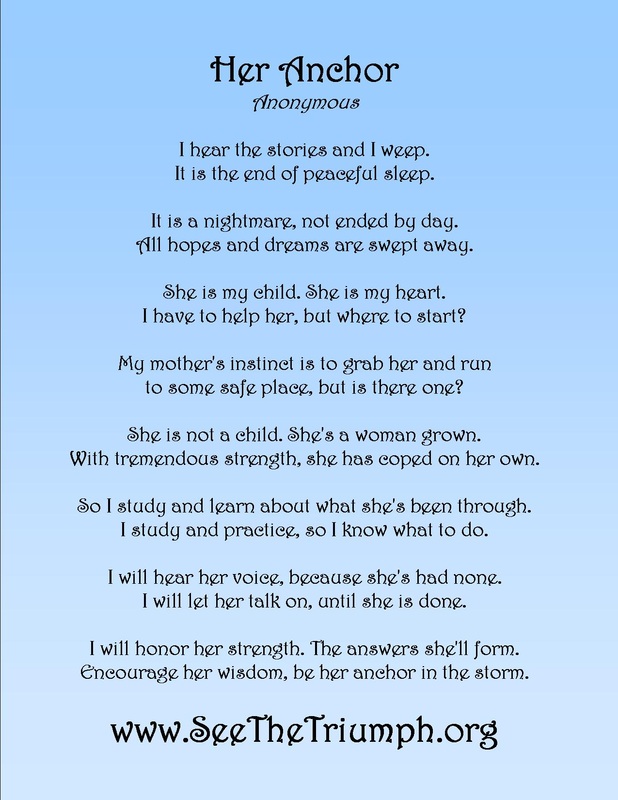
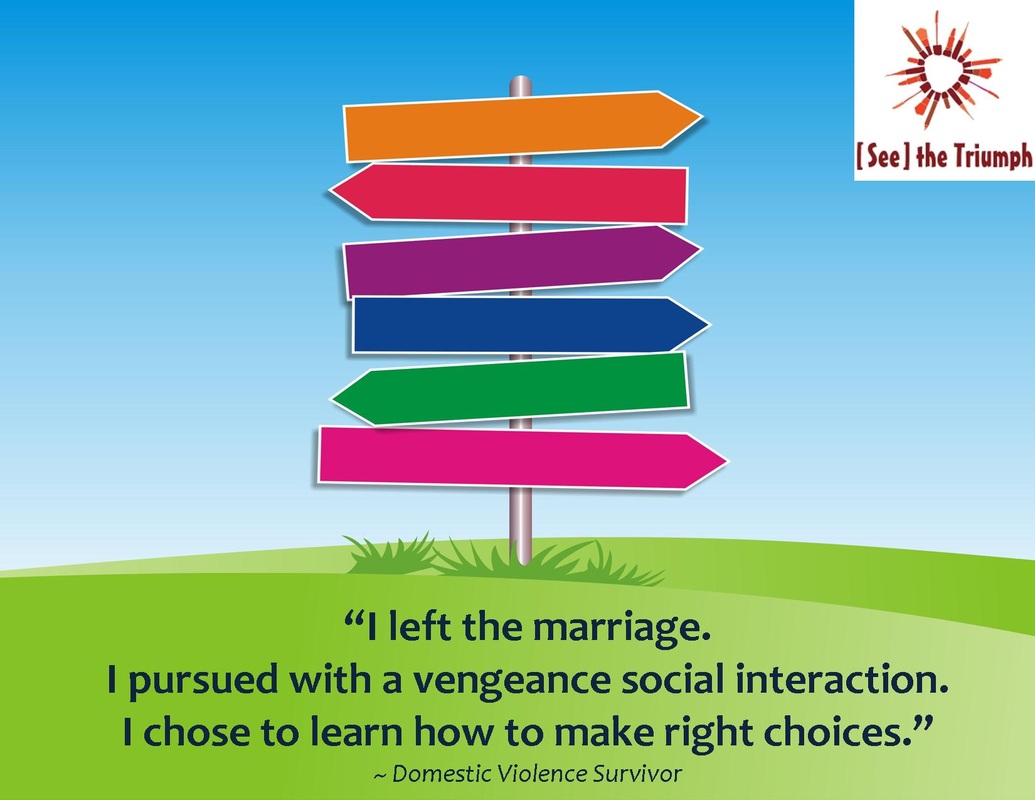
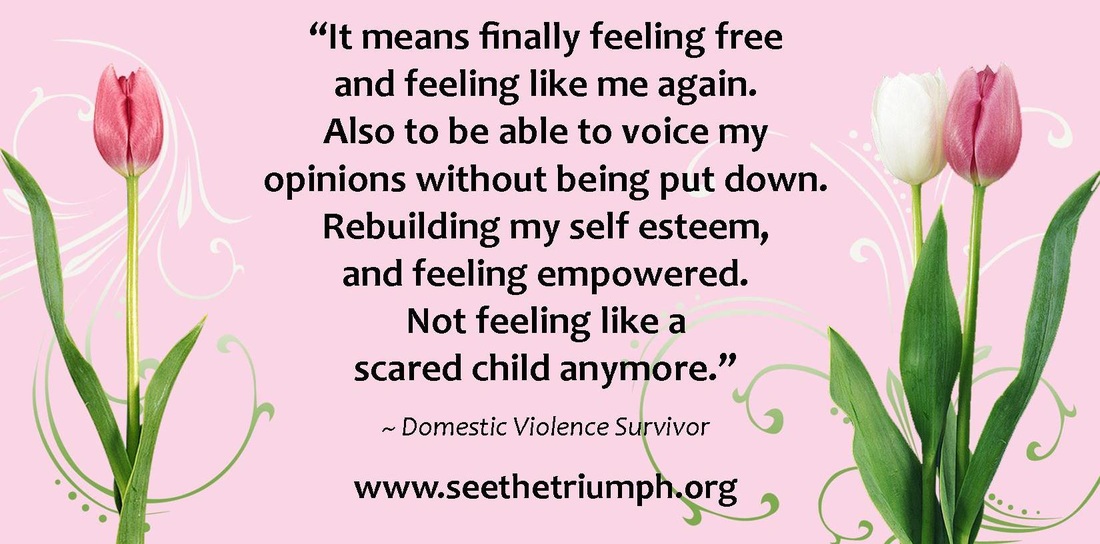
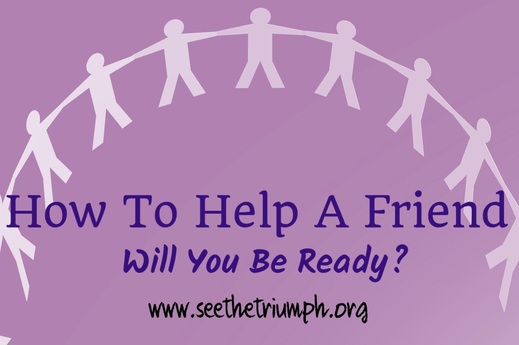
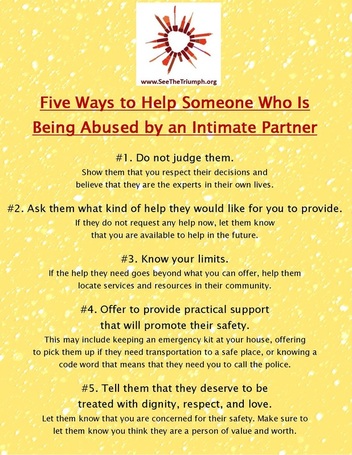
 RSS Feed
RSS Feed